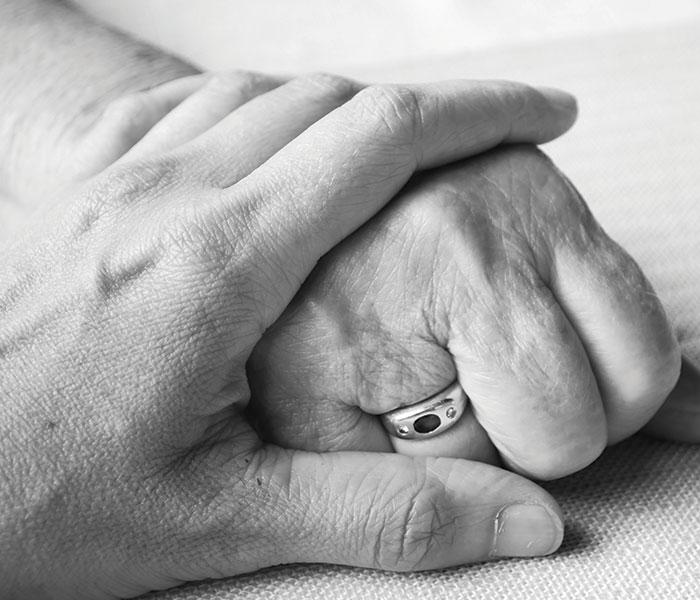Oncology nurses face some uncomfortably common truths when treating patients with cancer. Invariably—no matter how hard certain patients fight—some will die from their diseases. Patient death is a part of oncology care, and no nurse would tell you differently. But accepting and dealing with loss and grief is sometimes pushed aside in favor of stoic attitudes that some may equate with professionalism.
The loss of a patient can lead to emotional strain for oncology nurses who are unable to or aren’t provided with the proper resources to deal with their grief. According to a study done by Wenzel, Shaha, Klimmek, and Krum, “Lack of support during periods of this type of job-induced stress has been shown to lead to psychological distress. Concepts such as compassion fatigue and burnout also have been used to describe those phenomena in the literature.”
Between hanging bags of chemo, coordinating with pharmacists, responding to caregiver questions, and the other unending duties during a shift, oncology nurses find themselves strapped for time as it is. The news of a patient’s death is often delivered swiftly, leaving only a few brief moments of reflection before the next patient—the one sitting in the chair or lying in bed—requires the utmost attention and level of care. Without the proper time and resources to accept and deal with loss and grief, psychological distress can ferment in many ways. Compassion fatigue, the feeling of burning out on the job, can lead to lower levels of care, decreased productivity, and a higher rate of employee turnover.
Beyond the feeling of compassion fatigue, oncology nurses noted that “last-ditch efforts” for patients nearing the end of life—regardless of whether these efforts were directed by patients, their caregiver, or providers—often resulted in feeling helpless and overwhelmed. This sentiment often stemmed from the inability to help see patients through the end-of-life process.
Mounting emotional and psychological stress can lead to unsafe practices, near misses, and potentially lower levels of care for patients with cancer. It’s important that oncology nurses find the time to accept and grieve the loss of patients. Through self-care techniques, nurses can mitigate potential stressors that lead to unsafe practices.
Self-Care Leads to Safe Care
Nurses can create opportunities to support each other during times of grief and loss in a number of ways. Processing grief can come by participating in “remembrance days,” where nurses and family members come together to remember those who’ve recently died. Group journaling about patients, their impact, and the feelings of loss has helped some as well. Moreover, social workers and chaplains can offer their expertise to nurses who are dealing with loss and grief.
Beyond individual opportunities, organizations need to recognize the needs of nurses to provide resources for self-care and reflection. In some institutions, grief counseling is available during work and off hours. Dealing with grief can also take the form of finding opportunities to take breaks during the day, go for walks, or discuss concerns with colleagues and supervisors.
Wenzel, Shaha, Klimmek, and Krum noted that nurses found strength in debriefings and team dialogues. Other forms of self-care included leaving work at work by limiting the amount of time discussing it at home, finding time for self-care after a long shift, turning to one’s faith, and creating individual “strongholds” to develop coping mechanisms for loss and grief.
Grief can impact the level of care provided by nurses if left unchecked. Through proper self-care and recognition of loss, nurses can address their emotional needs without sacrificing the high level of care and compassion they provide for patients with cancer.






